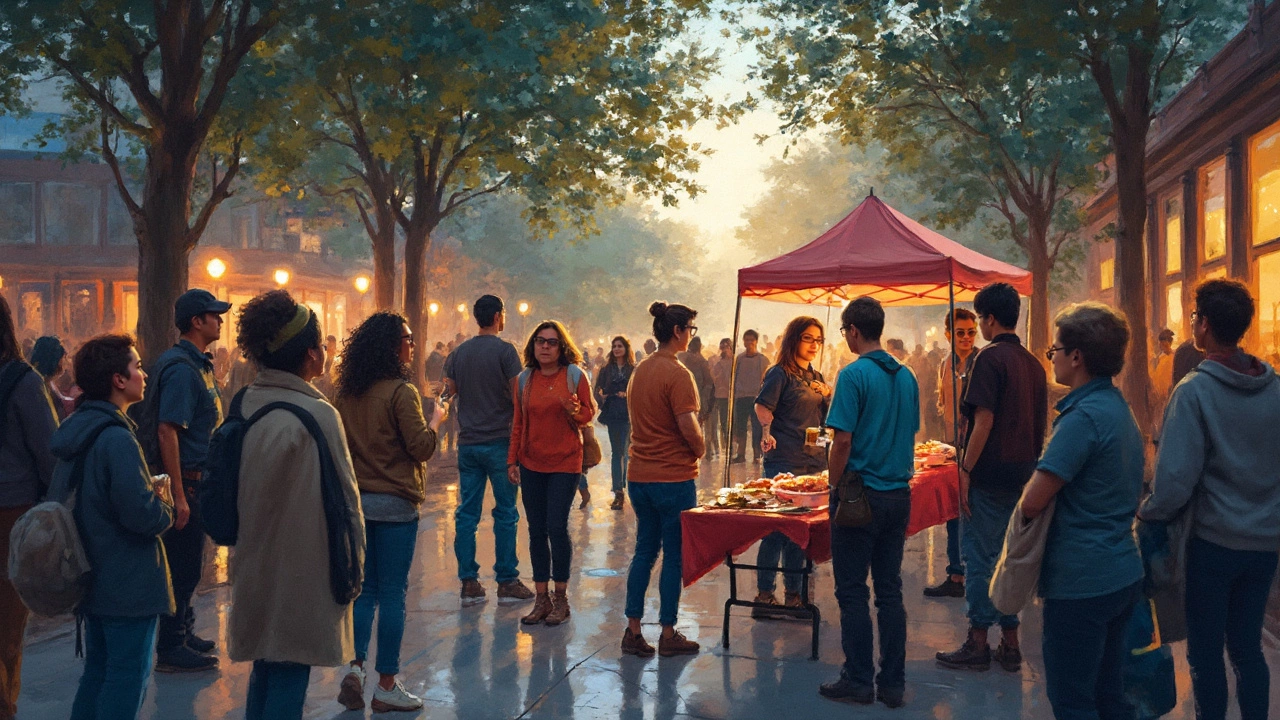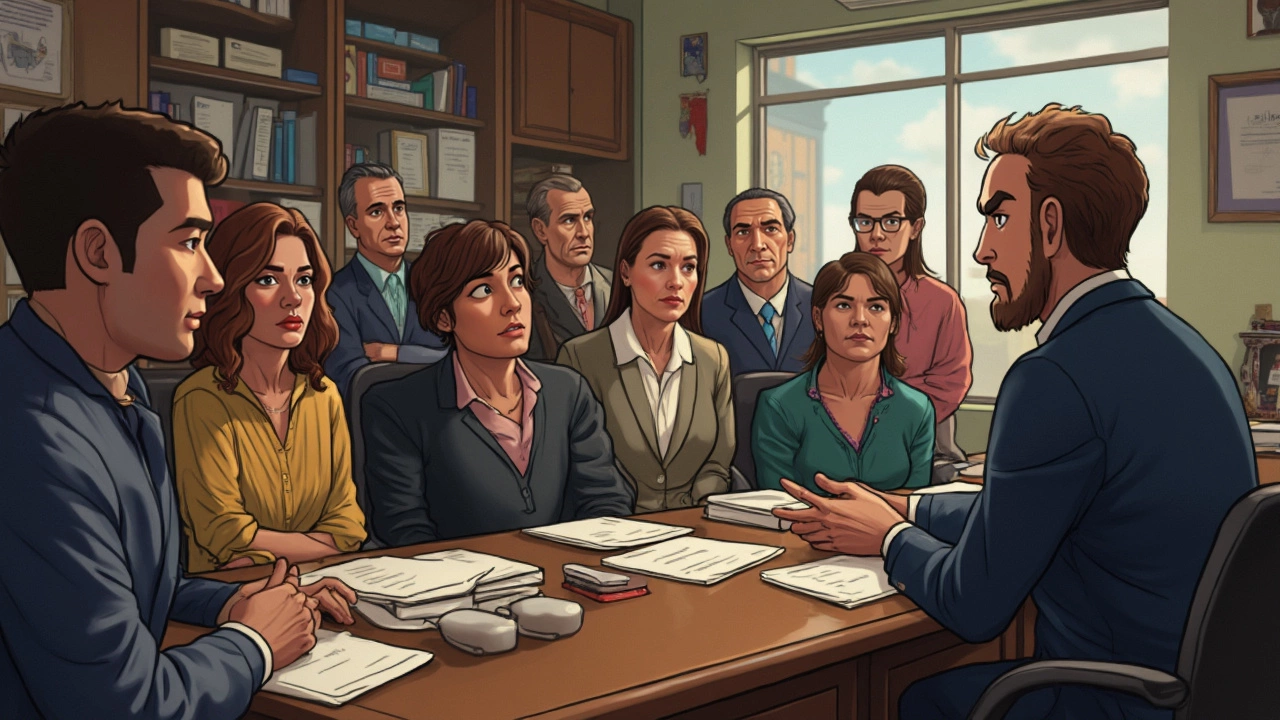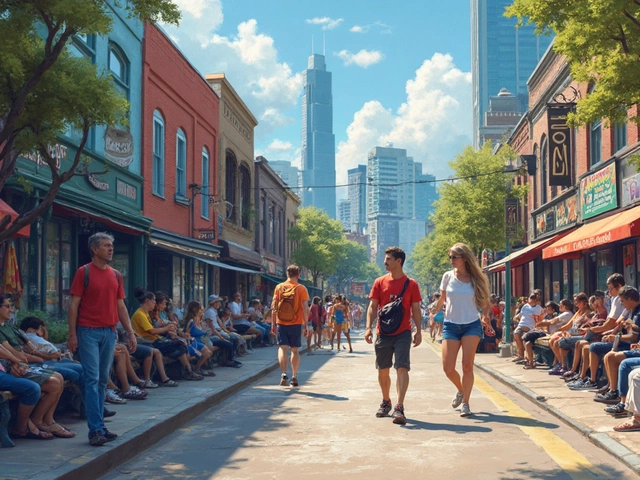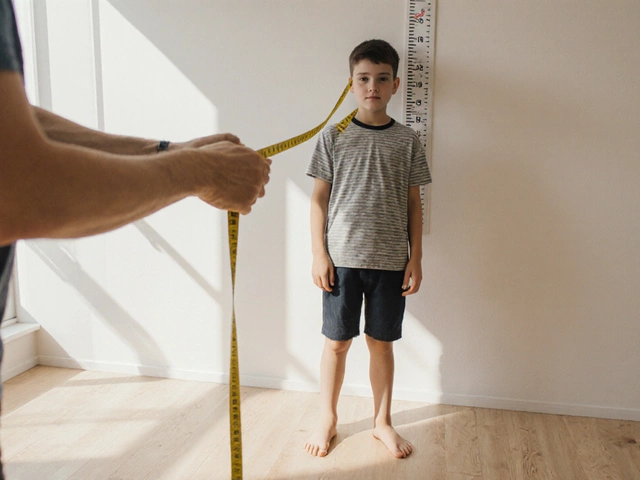Ever wondered if it's okay to catch some Z's in public places while visiting Texas? Well, it’s not as straightforward as you might think. Texas has some pretty strict rules about this, and they can vary quite a bit depending on where you are in the state. Some parts of Texas have actually repealed bans on sleeping in public, like Austin, while others are still sticking to the rules. This means a quick nap in a park could land you in hot water, depending on your location.
If you're in such a situation, or know someone who is, it's good to familiarize yourself with local laws. In some cities, getting caught snoozing outdoors without permission might mean you face fines or even arrest. But don’t worry; there are also plenty of resources out there to help those in need of a good night’s sleep. Whether you're seeking refuge from the streets or simply trying to understand the legal landscape, having a handle on this can make all the difference. Knowing your rights and where to find support is crucial.
- Understanding the Law
- Variations by City
- Consequences of Violations
- Rights and Support for Homeless Individuals
- Alternatives and Resources
Understanding the Law
When it comes to sleeping in public spaces in Texas, the legal landscape feels like a patchwork quilt, different everywhere you turn. Each city can make up its own rules, meaning what flies in Austin might get you a ticket in Fort Worth. It's wild, right?
The law in Texas doesn’t generally have a statewide ban on public snoozing, but certain city ordinances do. Take San Antonio, for example; they have specific laws against camping in public places without permission. This typically means no tents or makeshift shelters on sidewalks or parks without a license from the city.
A state as big as Texas makes for some interesting stats on homelessness and public sleeping fines. According to reports, in Austin, they used to issue hundreds of citations for camping in public places, but this changed in 2021 when the city rolled back its bans. Meanwhile, cities like Fort Worth still uphold strict regulations.
"The complexities of local ordinances can make it difficult for those experiencing homelessness to comply,” notes Jane Smith, a policy advocate at Homeless Outreach Command. “Understanding where it is legally safe to rest is a challenge in itself."
So if you're thinking of resting your eyes on a park bench, it's super important to know the specific rules in the area. Here's a local tip: always check whether your destination city has a public camping ban. This can usually be found on their official city website under ordinances or local news updates.
Variations by City
So, you're curious about how different cities in Texas handle public sleeping? Well, buckle up, because it’s like a mixed bag across the state. Starting with Austin, which took a surprising step back in 2022 by repealing its camping ban. This made it a bit easier for those experiencing homelessness, allowing them to sleep in certain public areas without fear of fines or arrest. But, it doesn’t mean you can just pitch a tent anywhere; there are still some reserved zones for sleeping.
Now, hop over to Dallas, and you’ll find a different story. Dallas enforces public sleeping bans quite strictly. Not only can you face fines for sleeping outdoors, but there’s also the possibility of jail time for repeated violations. And while there’s been chatter about loosening these rules, nothing's changed yet. So, if you're in Dallas, it's important to know the city’s regulations to avoid unwelcome surprises.
Houston takes a more balanced approach. While they still maintain laws against sleeping in public, the city works with various outreach programs to provide shelters and alternatives. The focus here tends to be more on offering solutions rather than just penalties. This is not to say it's perfectly smooth, but at least there's an effort to address the issues beyond just enforcing the law.
Not all cities offer the same level of support or leniency, so if you're traveling or trying to cope with homelessness in Texas, it’s crucial to understand how each city operates. Many places offer hotlines for homeless services where you can get real-time help and information. Cities like San Antonio and El Paso also have specific local laws that either mitigate or enforce public sleeping bans.
| City | Sleeping Ban Repeal | Fines | Support Services |
|---|---|---|---|
| Austin | Yes | No | Moderate |
| Dallas | No | Yes | Low |
| Houston | Partial | Moderate | High |
Understanding these local variations not only helps those directly affected but also those who wish to support them. Whether it’s through activism, volunteering, or simply spreading awareness, knowing where certain practices happen makes it easier to make a positive impact.

Consequences of Violations
Stepping onto the streets for a snooze in public areas in Texas can bring around some serious repercussions, depending on where you rest your head. Different places have different rules, and breaking them can result in various penalties. So, what's at stake?
Firstly, if you're found sleeping in public spaces where it’s not allowed, you might have to deal with warnings or citations from local authorities. In some Texan towns, this can escalate to fines that might set you back a few hundred dollars, depending on the ordinance in place. That's something to keep an eye on if you’re in a pinch financially.
Moreover, for repeated offenses, the penalties can climb higher. You could even wind up with a misdemeanor charge, which is more serious than just a slap on the wrist. This can sometimes mean jail time, though it's not the most common outcome. More often, these arrests will result in community service requirements or compulsory attendance in programs designed to assist individuals facing homelessness.
An interesting tidbit to note is how these ordinances differ by city. For instance, in Austin, camping bans were rolled back in 2023, while other cities still enforce strict prohibitions. To make it more tangible, here's a look at how a couple of cities handle this:
| City | First Offense Penalty | Repeat Offense Penalty |
|---|---|---|
| Austin | Warning | Community Service |
| Dallas | $100 Fine | $500 Fine & Misdemeanor Charge |
It's crucial to be aware of these differences to avoid any unpleasant surprises. Besides the immediate legal consequences, these penalties can also affect credit scores if fines pile up unpaid, and potentially hinder future housing opportunities.
But guess what? There's a silver lining. Many communities and organizations in Texas are actively working to offer resources and support. So, if you or someone you know is dealing with homelessness, it might be worth reaching out for help before things escalate.
Rights and Support for Homeless Individuals
Anyone dealing with homelessness in Texas has certain rights and resources available to them, even when the rules can feel confusing. Let's break it down. While getting caught sleeping in public might lead to fines or penalties in some areas, knowing your rights can help you navigate these choppy waters.
First off, many cities in Texas have shelters and organizations dedicated to helping homeless individuals. Places like the Salvation Army and the Coalition for the Homeless offer temporary shelter along with meals, clothing, and sometimes employment services. It’s worth checking these out if you’re in need or advising someone who is.
If you're navigating this challenging situation, remember these key rights:
- Right to Emergency Shelter: Many shelters have open-door policies, especially during extreme weather.
- Right to Access Public Services: Libraries and community centers often provide resources like internet access, reading materials, and sometimes showers.
- Right to Legal Support: Organizations such as Legal Aid provide support for resolving fines or offenses related to homelessness.
Additionally, programs like HUD's Continuum of Care provide federal funding to support housing and related services. It’s a valuable resource for long-term solutions, aiming to reduce homelessness by offering stable housing.
Being aware of these support systems can make a huge difference for whether you're directly impacted by homelessness or trying to lend a hand. Remember, no one should have to face these challenges alone, and knowing where to turn is the first step.

Alternatives and Resources
Getting off the streets in Texas might seem daunting, but there are reliable options if you know where to look. Homeless shelters are a primary resource, offering a safe place to sleep and often providing meals and other basic necessities. Organizations like the Salvation Army and local missions operate shelters across Texas, offering a bit of relief to those in need.
Apart from shelters, there are other community resources ready to lend a hand. Local churches or faith-based groups might offer temporary housing or financial assistance. And don’t overlook community centers—they can connect you with various social services to help get you back on your feet.
For those willing to explore, transitional housing programs could be a great bet. These programs are specifically designed to help you find more permanent housing solutions and often come with support services like job training. It’s kind of like having a helping hand as you move towards long-term stability.
Check out the local government websites too. They can provide information on available resources, legal advice, and emergency contacts. Knowing your legal rights is crucial, especially if you find yourself in a tight spot when it comes to public sleeping.
| Resource | Contact Information |
|---|---|
| Salvation Army | 1-800-SAL-ARMY |
| Community Housing Program | www.texashousing.org |
| Homeless Helpline | 1-800-392-3899 |
Make use of these resources to better navigate the challenging landscape of homelessness in Texas. You're never alone, and with the right support, things can definitely start looking up.






